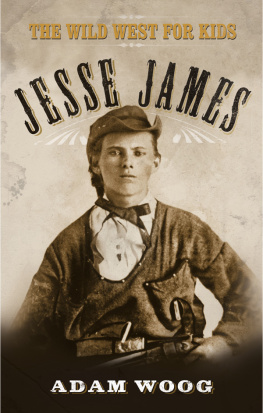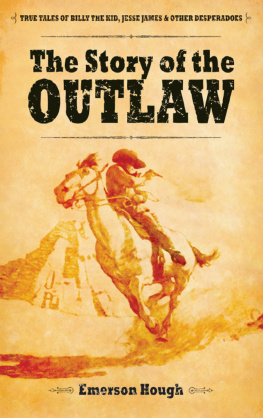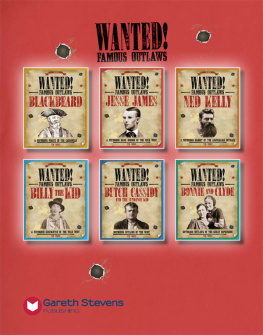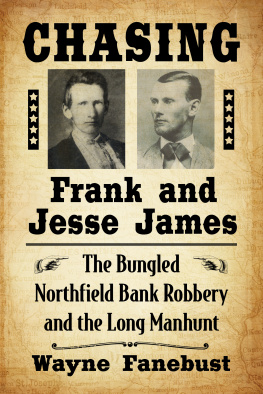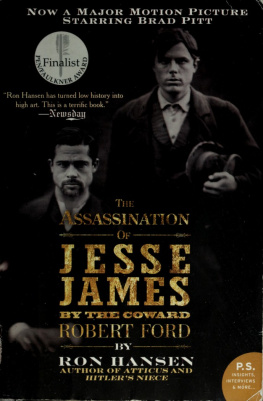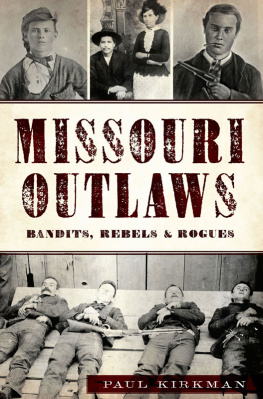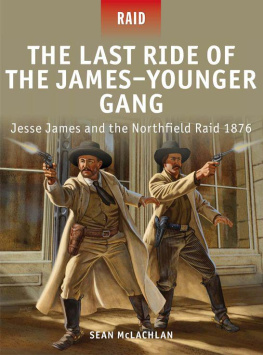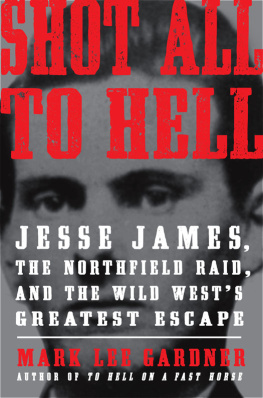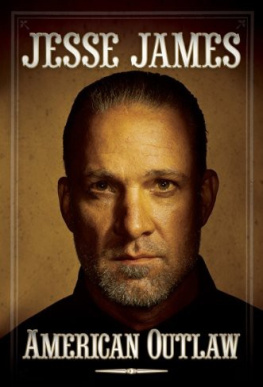
ADAM WOOG

Sky Pony Press
New York
Copyright 2014 by Adam Woog
All Rights Reserved. No part of this book may be reproduced in any manner without the express written consent of the publisher, except in the case of brief excerpts in critical reviews or articles. All inquiries should be addressed to Sky Pony Press, 307 West 36th Street, 11th Floor, New York, NY 10018.
Sky Pony Press books may be purchased in bulk at special discounts for sales promotion, corporate gifts, fund-raising, or educational purposes. Special editions can also be created to specifications. For details, contact the Special Sales Department, Sky Pony Press, 307 West 36th Street, 11th Floor, New York, NY 10018 or info@skyhorsepublishing.com.
Sky Pony is a registered trademark of Skyhorse Publishing, Inc., a Delaware corporation.
Visit our website at www.skyponypress.com.
10 9 8 7 6 5 4 3 2 1
eISBN: 978-1-62873-851-3
Manufactured in China, August 2013
This product conforms to CPSIA 2008
Library of Congress Cataloging-in-Publication Data
Woog, Adam, 1953
Jesse James / Adam Woog.
pages cm. -- (The wild West for kids)
Includes bibliographical references and index.
ISBN 978-1-62636-160-7 (pbk. : alk. paper) 1. James, Jesse, 1847-1882--Juvenile
literature. 2. Outlaws--West (U.S.)--Biography--Juvenile literature. 3. Frontier and
pioneer life--West (U.S.)--Juvenile literature. 4. West (U.S.)--History--1860-1890
Juvenile literature. 5. West (U.S.)--Biography--Juvenile literature. I. Title.
F594.J25W66 2014
364.1552092--dc23
[B]
2013033652

THE OUTLAW
JESSE JAMES
H istory still remembers many of the daring bandits and killers who lived in the Old West. Billy the Kid, Butch Cassidy and the Sundance Kid, and Belle Starr are just four who gained fame during that wide-open era. But the most celebrated outlaw of them all, growing more legendary with every passing year, is Jesse James. In Desperate Men: The James Gang and the Wild Bunch, historian James D. Horan comments, Jesse James is one of our cherished folklore legends and nothing seems to diminish our perennial interest in him.
There are several reasons for this continued fascination. For one, Jamess escapades symbolize the anything-goes thrills of the Old West. His canny strategy to target banks and trainsa bold new idea at the timecaught the publics imagination. And his larger-than-life personality was excitingespecially when stories about him were heavily embellished, as they always were. Historian T.J. Stiles, in Jesse James: Last Rebel of the Civil War, comments, His is a tale of ambushes, gun battles, and daring raids, of narrow escapes, betrayals, and revenge.

Although he was accused of committing horrible crimes, Jesse James was a popular figure and celebrity due to his daring escapes that put his name in the newspapers. After his death in 1882, James became an even greater legend, bearing the controversial image of a heroic outlaw.
His Place in History
Jesse Jamess reputation was that of an American Robin Hood. According to legend, he stole from the rich and gave to the poor, protecting small farmers from ruin.
The outlaws defiant image also had a political side. A proud son of Missouri, James was active in the years after the Civil War when tensions remained high between Northern and Southern states. The Souths crushing defeat by the Union led to lasting resentments. James and other Confederate (Southern) loyalists swore revenge.
The band that Jesse and his brother Frank led with another set of brothers, the Youngers, allegedly targeted banks and train lines owned by Northern businessmen. In his many letters to newspapers, James bragged that his crimes represented a defiance of the hated Union. Others, however, sawand still seeJames and his gang differently. To them, the bandits were little more than ruthless criminals concerned mostly with their own welfare. These opposing views have led to decades of debate over his role in American history. Horan comments:
With each new robbery or murder [Southerners] would insist that the Boys were only misguided champions of the Confederacy who had been driven into a life of banditry by the war. But [Northerners] would loudly declare that the Jameses and Youngers were nothing but common thieves and murderers who should be hanged [from] the nearest tree.
Good or bad, much of the Jesse James legend is wrong, or at least questionable. There is no doubt that he was a killer: James murdered at least 12 people, and he claimed the number was 17. Nor is there doubt that he was successful at robbing dozens of banks and trains and making and spending fortunes. And he did manage to avoid capture, proving unstoppable until a traitor shot him.
On the other hand, there is scant evidence that Jamess true motive for his crimes was political revenge or to right social injustice. Southerners primarily owned the banks he robbed, and, for the most part, these targets were in the South. Most of the people he and his gang killed were Southerners, as were the lawmen and politicians who hunted the outlaws. Furthermore, the robberies often affected ordinary people more than the rich, because it was their savings that were taken. Unlike today, no federal protection for bank deposits existed then.
Finally, it seems that James and his gang rarely, if ever, gave to the poor. Evidence indicates that they kept the loot for themselves and spent the money they stole. The many stories about Jamess charity toward those less fortunate were probably invented. Historian Robert Barr Smith writes, My view is that the James boys and the Younger brothers were no more than ordinary criminals, bullies who stole the fruits of others labors because it beat working and did a good deal to inflate their twisted egos.
Was Jesse James a hero or a villain? It is impossible to choose one or the other, because there is a little truth on each side of the debate. In Jesse James Was His Name, historian William A. Settle Jr. comments, Badman or Robin Hood take your choice! Whichever form of the legend you favor, both are based in fact.
Jesse James Is Born
The future legend, Jesse Woodson James, was born on September 5, 1847. His birthplace was his familys farm in Clay County, Missouri, near Centerville (the present-day town of Kearney). The baby was named for his mothers brother, Jesse Richard Cole, and his fathers brother, Drury Woodson James.

Zerelda E. Cole was born in 1825 in Woodford County, Kentucky. After losing her father when she was a small child, she was raised by her grand father, who owned a saloon. Later she became a Confederate sympathizer and strongly defended the activities of her boys Frank and Jesse.
Jesses father, Robert S. James, was a Baptist preacher and farmer from Kentucky. He was a well-educated man, proud of his extensive personal library. According to a newspaper of the time, Robert was well known in this community... and a man much liked by all for his gentle good nature.

